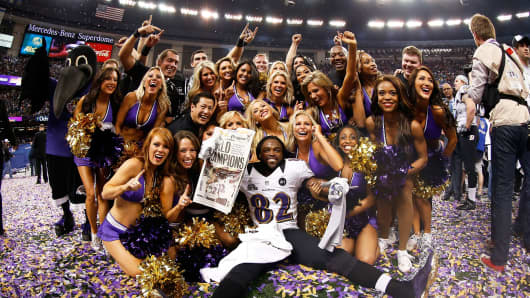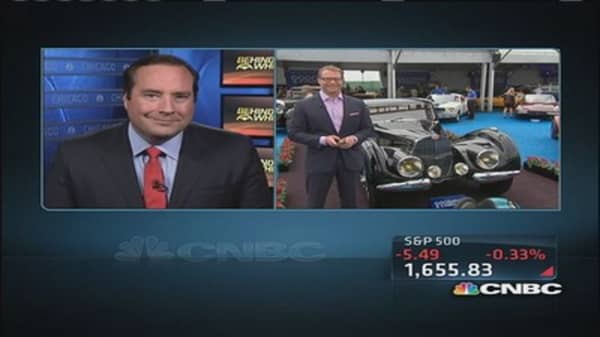Chevrolet will be back in the lineup when the teams take to the field in Super Bowl XLVIII, reversing a controversial 2012 decision to pull out of what is television's most watched annual event—and a program that millions of Americans watch as much for the commercials as for the football.
The decision is the latest reversal of a series of widely debated decisions made by General Motors' former global marketing director, Joel Ewanick, before his departure in July 2012. GM has also decided to test out new opportunities on Facebook, another marketing outlet that Ewanick rejected before he was himself ousted because of a controversy involving costly marketing ties to European soccer.
"The timing of Super Bowl XLVIII lines up perfectly with our aggressive car and truck launch plans," said Tim Mahoney, who joined Chevrolet as its global chief marketing officer last February. "The Super Bowl is a great stage for showcasing the Chevrolet brand and our newest cars and trucks."
(More from The Detroit Bureau: BMW readying 60 mpg plug-in hybrid version of big X5 Ute)




